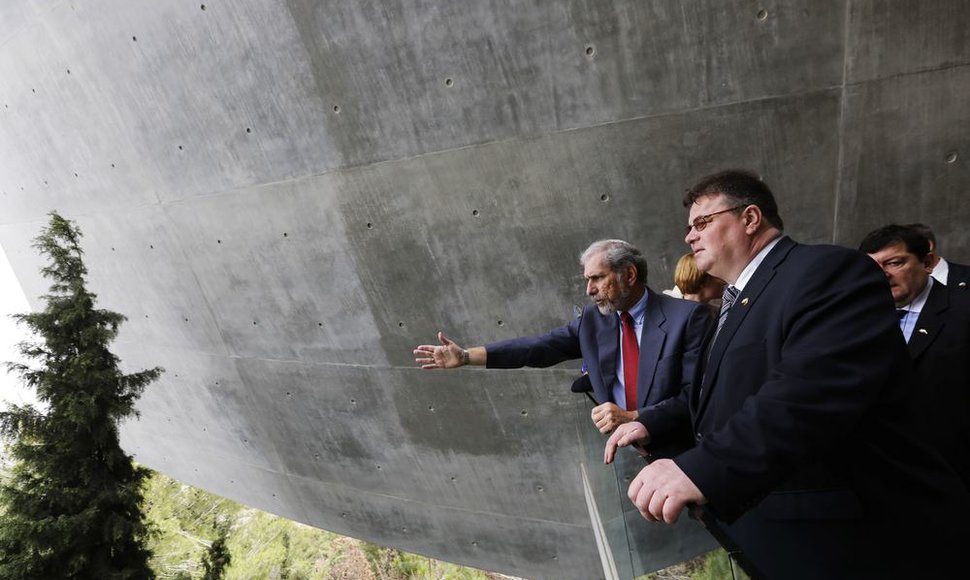"You should take it [accurate labeling of goods from the West Bank] seriously." Linkevičius said.
Arriving back in Vilnius on Wednesday, Linkevicius told BNS that labeling issue has been discussed for a long time already and is being raised by some European countries. Lithuania is not among them.
"The atmosphere (during the visit – BNS) was really friendly, therefore, we talked about tendencies and possible challenges. We stressed during all meetings that we are partners and, as the presiding country, we want to contribute to the improvement of dialogue between the European Union and Israel, that we need to evaluate all challenges there are out there. One of the issues is the proper labeling. I mentioned that we have heard the tendencies but it doesn't mean that they are prevailing, it doesn't mean that they will determine the situation but they do exist. Some countries are very sensitive about them and this is what I drew attention to," the foreign minister told BNS, adding that he was heard and understood.
"It has to do with the settlements [in the West Bank] that the EU, the international community, and the US are against. They want the construction in those territories, which are no longer the territory of Israel, to stop. All that is happening in those territories, for example, the productions of goods is a consequence already. The constructions itself does not contribute to resolving the crisis," Linkevičius told BNS.
The minister noted that his visit had been highly appreciated in Israel.
"We've had good relations with Israel over the last two decades and we talked about that," he said.
Some Israeli producers label goods produced in the West Bank as made in Israel. EU customs duties are not applicable to Israeli goods, which is not the case with those produced in the West Bank.












